

News I published 12 July 2022
Who are the BIM-using installers?
As part of the overall trend of digitalisation of the construction process, Building Information Modelling (BIM) plays an increasingly important role in the European construction sector. Over the past decade, we have seen BIM usage among architects increase slowly but steadily, and in 2021, 44% of European architects were already using BIM in projects.
Among professionals who are involved in later stages of the building construction process, BIM usage is still rather low. BIM usage among European HVAC installers is still under 10% on average, for instance. As we saw in a previous article, however, BIM usage is expected to grow slowly but steadily among installers as well. In some cases, BIM usage is already much higher, like in the Netherlands where nearly a quarter of installation companies already use BIM.
To get a clearer idea of future BIM adoption, it pays to know more about the installation companies that are already using it. Who are these installers who invested money, effort and time to start using BIM? To find out, we interviewed HVAC installers from six major European markets on their experience with BIM for USP Marketing Consultancy’s European Mechanical Installation Monitor.
Current BIM users are predominantly large installation companies
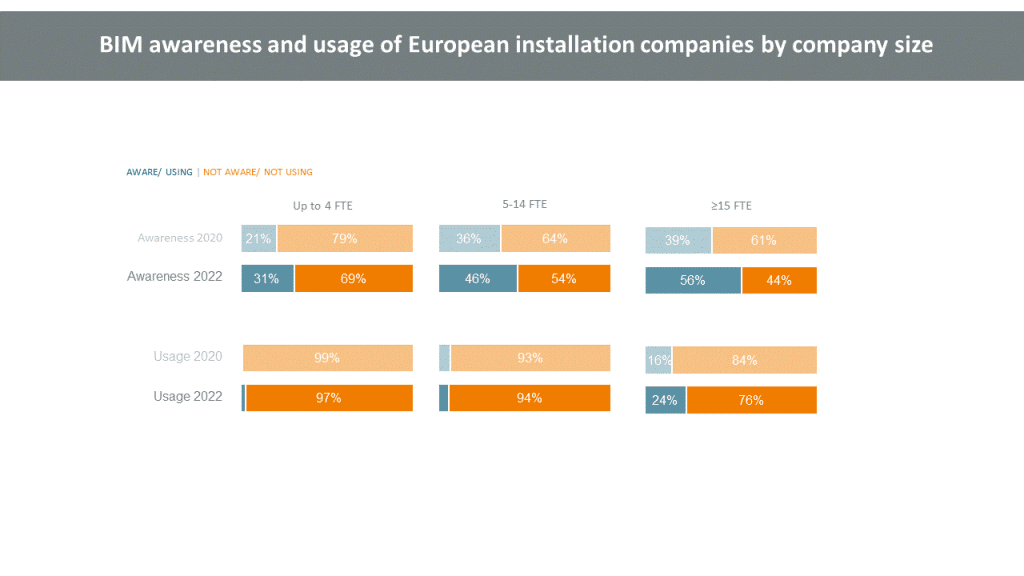

Looking at the size of installation companies, BIM usage is almost non-existent among the smallest, as only 3% of installation companies with a size of 4FTE or less report to use it. The share of users is larger among medium-sized installation companies, but still only a fraction (6% among installation companies sized 5-14FTE).
The real BIM action is found among the larger installation companies (15FTE or more), of which BIM usage has grown from 16% in 2020 to almost a quarter in 2022. For these larger companies, the investment necessary to acquire BIM software and train or hire a BIM specialist may be more feasible, but there are other reasons why current BIM users are mainly the large installation companies.
BIM users are more involved in new-build and non-residential projects
On average, the BIM-using installation companies are getting 57% of their turnover from new-build projects, whereas installation companies that are not working with BIM are more involved in renovation. Also, BIM-using installers get about half of their turnover from non-residential projects, whereas non-BIM-users get 61% of their turnover from residential projects.
It makes sense that BIM is already used a lot more in large-scale non-residential new-build projects, than in smaller residential and renovation projects. Larger installation companies are more often involved in those large non-residential new-build projects. That means that, aside from having the necessary means to invest, the larger companies have more of an incentive to adopt BIM as well.
Future of BIM usage among HVAC installers
The above also explains why BIM usage is not exploding but only steadily growing. BIM is mainly used for larger non-residential projects, which are done by larger installation companies. The smaller installation companies, for whom starting with BIM is rather expensive and offers less reward in their smaller residential or renovation projects, are a lot more numerous than the larger installers.
That does not mean that more growth of BIM usage among HVAC installers is impossible though. BIM will increasingly be a requirement for projects, and usage among architects and contractors is already substantial and ever growing. Our expectation is that BIM usage will continue to grow among large installation companies, and that the group of medium-sized installation companies (5-14FTE) will slowly be drawn into BIM usage as well. For more information on the role of BIM in the projects of HVAC installers in six major European markets, we refer you to the Q1 report of USP Marketing Consultancy’s European Mechanical Installation Monitor.

Read more about the subject


18 July 2024 I Dirk Hoogenboom
Willingness to invest of European consumers in sustainability improvements of their houses lower in 2024 than in 2023
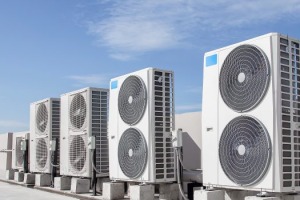

02 July 2024 I Dirk Hoogenboom
BIM adoption among European HVAC installers remains low
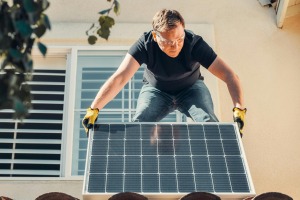

06 June 2024 I Maja Markovic
Sustainability in the electrical installation sector; slow but steady growth
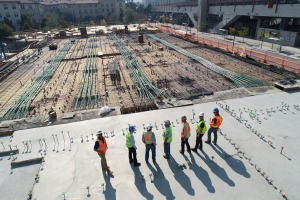

06 June 2024 I Dirk Hoogenboom
Trends in construction material usage

Fresh Insights Await
Our latest reports
Delve into the newest findings across various market segments, crafted for a cutting-edge overview. Explore our latest reports, brimming with up-to-date data, trend analyses, and in-depth examinations, all tailored to provide you with a comprehensive understanding of the current market dynamics.
Construction
Home Improvement
Installation
Construction
Trends in material usage Q1 2024
2024 102 pages
Explore the evolving trends in material usage among European architects in Q1 2024. Delve into the factors driving material preferences and the impact on construction aesthetics and sustainability.
1,850 Euro
Construction
Media orientation H2 2021
2024 161 pages
Explore the media engagement patterns of contractors to optimize your marketing strategies. Dive into a pool of insights that unveils how contractors interact with different media channels.
6,300 Euro
Construction
European Green Deal Q4 2021
2024 88 pages
Explore the impact and reception of the European Green Deal among architects. Understand how the initiative is influencing architectural practices and sustainability measures.
1,850 Euro
Construction
BIM Q4 2023
2024 246 pages
Key insights regarding the BIM usage and behaviour of European architects, and our latest future building volumes prognoses
1,850 Euro
Construction
Purchase Channels H2 2023
2024 123
Explore the buying and ordering behaviour among contractors in H1 2023. Uncover the key channels used, share-of-wallet and much more.
6,300 Euro
Construction
Behavioural segmentation and media usage report 2023
2023 75 pages
This report provides a comprehensive overview of purchase behaviour, products, and media usage, specifically focusing on European handymen. It delves into how handymen use media, and for what purposes, and examines their habits and preferences in terms of purchasing behaviour.
8,400 Euro
Home Improvement
DIY versus DIFM Q4 2021
2024 113 pages
This report is a must-have if you’re in the home improvement industry. It provides a wealth of information on the behaviour of DIY and DIFM consumers, their motivations, and the factors that influence their purchasing decisions.
3,150 Euro
Home Improvement
DIY or DIFM Q4 2023
2024 70
Explore the prevailing trends between DIY and DIFM in Q4 2023. Understand consumer preferences and the factors influencing their choice between DIY and DIFM.
3,150 Euro
Home Improvement
Branding Q3 2023
2023 93 pages
This report offers an extensive overview of the home improvement industry, with a focus on branding and the most popular brands within different categories. Within this report, you will gain insights into how customers perceive home improvement brands and what motivates them to buy certain products.
3,150 Euro
Home Improvement
Purchase channels Q2 2023
2023 114 pages
The European Home Improvement Monitor offers valuable insights on purchase channels in the European home improvement industry, examining the evolving preferences and behaviors of consumers across traditional retail and emerging online platforms.
3,150 Euros
Home Improvement
Purchase Channels Q2 2022
2022 124 pages
Uncover the prevalent purchase channels in the home improvement sector during Q2 2022. Delve into consumer preferences and the factors influencing their purchasing decisions.
3,150 Euro
Home Improvement
Do-it-yourself or do-it-for-me Q4 2022
2022 93 pages
Explore the prevailing trends between DIY and DIFM in Q4 2022. Understand consumer preferences and the factors influencing their choice between DIY and DIFM.
3,150 Euro
Installation
Smart & Connected Products Q2 2024
2024 120 pages
This report provides a comprehensive view of the attitudes of installers toward smart building solutions, specifically among electrical installers and their clients. In the report, you will find insights into the installers' experiences with installing smart products and the willingness of end users to invest in such solutions, as well as their motivations and pain points.
3,150 Euro
Installation
Sustainability Q1 2024
2024 81 pages
Delve into sustainability trends in the home improvement sector in Q1 2024. Discover consumer preferences and the shift towards eco-friendly home improvement solutions.
3,150 Euro
Installation
BIM Q1 2024
2024 84 pages
The European Mechanical Installation Monitor report provides a detailed analysis of the plumbing and HVAC industry. This report specifically focuses on BIM adaptation in the industry.
2,650 Euro
Installation
Sustainability Q1 2024
2024 99 pages
The European Electrical Installation Monitor report provides a detailed analysis of the sustainable solutions in the installation industry. This report specifically focuses on sustainability aspects in the industry.
3,150 Euro
Installation
Challenges toward sustainable future Q4 2021
2024 111 pages
2,650 Euro
Installation
Purchase channels Q4 2021
2024 106 pages
Delve into the training needs within the electrical installation sector. Understand the areas requiring skill development to meet the evolving demands of the industry.
3,150 Euro








